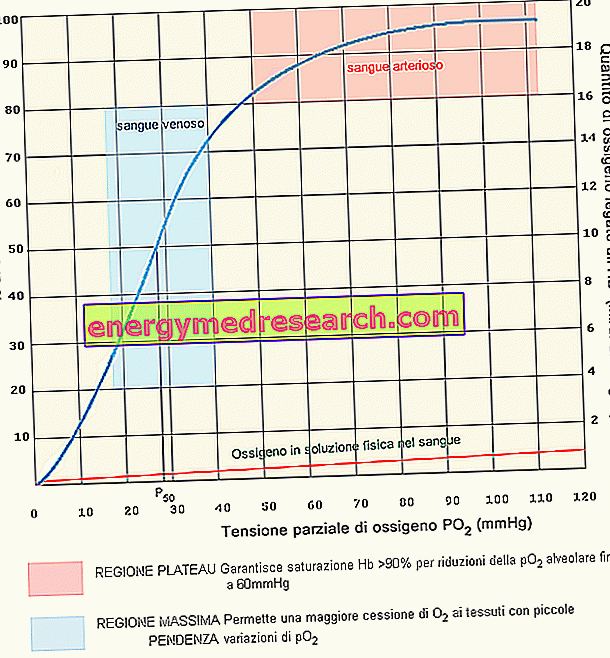See also: betaglucan in cosmetics
Generality
The term beta-glucans normally refers to a class of indigestible polysaccharides, found in foods such as bran, oats, yeasts, fungi and algae.

The particular chemical characteristics give beta-glucans a certain flexibility, but above all a very low digestibility, responsible for the mechanical properties performed at the intestinal level.
The structure of beta-glucans therefore influences the metabolic functions, in particular the cholesterol-lowering, hypoglycemic and immunomodulatory activities.
Indications
Why are beta-glucans used? What are they for?
Classically, beta-glucans are used in the nutritional field for the cholesterol-lowering, hypoglycemic and immunomodulatory properties.
Such activities would essentially derive from the following biological properties.
Reaching the intestinal environment unaltered, beta-glucans would exert chelating action on glucose and dietary cholesterol on the one hand, making absorption poorer, and on the other it would facilitate their elimination through feces.
According to recent evidence, moreover, the fraction of beta glucans digested in the large intestine, would give rise to bioactive glycosides and oligosaccharides, whose biological properties, not yet fully known, would justify the immunomodulating role of these nutrients.
Once introduced with food or through specific dietary supplements, beta-glucans would be able to activate the immune system in a gentle and balanced way, stimulating the activity of phagocytes (a sub-class of white blood cells that has the task of trapping and destroying substances foreign, such as fungi, viruses, parasites and bacteria).
There would therefore be no risk of inducing that exaggerated immune response at the base of many allergic phenomena and autoimmune diseases.
Benefits and Property
What benefit have beta-glucans shown during the studies?
There are several scientific evidences concerning the clinical utility of beta-glucans, especially in the nutritional and diet therapy fields.
From a careful examination of the literature, the regular consumption of beta-glucans:
- It would lead to a reduction in blood cholesterol concentrations of over 10%;
- It would guarantee an improvement in the relationships between LDL cholesterol and HDL cholesterol;
- It would improve the patient's glycemic profile, making the absorption of dietary sugars more gradual;
- It would improve the insulin response to the glucose load;
- It would contribute, in vitro, to enhance macrophage activity, supporting the non-specific primary defenses;
- It would increase the sense of satiety during low-calorie diets, improving compliance.
Doses and method of use
How to use beta-glucans
The effective doses of beta-glucans obviously depend on the purpose.
For example, doses between 3 and 6 g per day, divided into two assumptions before meals, would prove to be effective both as a cholesterol-lowering remedy and for satiating power.
Side effects
The use of beta-glucans has generally proved to be safe and well tolerated.
However, especially in some predisposed subjects, the consumption of beta-glucans could induce unpleasant intestinal manifestations, such as meteorism and cramps.
Contraindications
When should beta-glucans not be used?
The use of beta-glucans is contraindicated in case of hypersensitivity to the active substance or to the source of extraction.
Pharmacological Interactions
Which drugs or foods can modify the effect of beta-glucans?
Noteworthy drug interactions are not known.
However it should be remembered that, in a contextual administration, beta-glucans could reduce intestinal absorption and therefore the bioavailability of active ingredients, vitamins and minerals.
Precautions for use
What do you need to know before taking Beta-glucans?
The use of Beta-glucans should be done with particular caution and under medical supervision in patients suffering from irritable bowel syndrome or other functional and organic disorders of the gastro-enteric tract.



